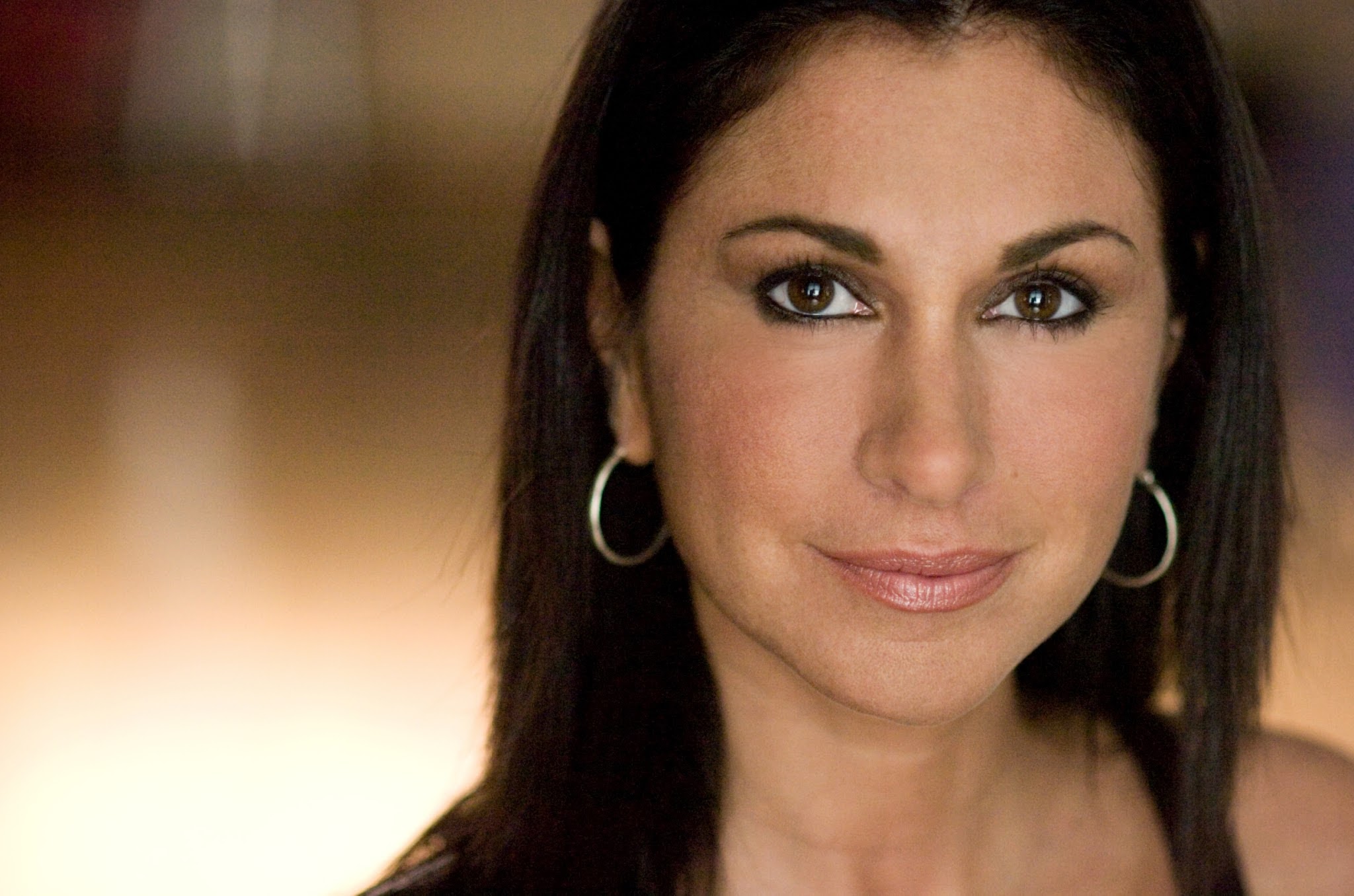
Q: Authentic connection is a near impossible thing to fake. What are some good ways to build chemistry on the spot with a new scene partner, or even a non-actor reader who you’re auditioning with?
Let’s define “authenticity,” because you’re right, it’s so important! Many directors and decision makers know authenticity when they see it but can’t put their finger on why. It’s something you feel, but not necessarily something you can direct. Some directors go as far as to cast non-actors to ensure this quality. But for me, that takes the fun out of the art form. An actor with a craft can achieve authenticity in any role. If you believe you’re living the life of your character, then you will feel authentic. And if you believe it, anyone watching will, too. I know and have seen actors create great authenticity in characters whose lives don’t resemble theirs at all. But that is no easy feat and it really does require a commitment to process to get there. It’s very important to do that work, because our jobs as artists is to hold up a mirror to nature. You want to move an audience, or what’s the point? One can say entertainment, but is watching people fake feelings really that entertaining?
One movie that makes me laugh endlessly is the movie Due Date. It’s hilarious because the characters are completely rooted in reality. They have real lives, real desires, real emotional connection to their objectives, and the comedy comes from two fully realized identities clashing. Without their commitment to the truth, it would be two actors playing to the audience and that’s not funny. As for drama, look at Ava DuVernay’s genius mini-series When they See Us. Those actors absolutely did their research to the point we feel their lives viscerally leading up to being wrongfully accused, when they’re on trial, and through their experiences in jail.
Using your imagination is part of it. You must be able to imagine you are living the characters life. But that is just part one. To give an authentic performance, you must find a way to have an authentic experience. I’m going to give you a few ways actors can do this, and a few ways directors can do this.
-Improvisation is an extraordinary rehearsal tool for actors. Put the scene in your own words. When you do this, you will actively find a communication with your scene partner that is beneath the words. Of course, you can each find subtext on your own, but that is different. If you improvise the scene in your own words and follow your impulses, you will begin to foster an authentic communion between you and your partner that will be personal and truthful. Even doing this exercise by yourself, you will find deeper connectivity with your need to express the words.
-Find a way to live the history of the characters. If you’re cast in a love story, you’re meeting your scene partner for the first time, but in the story she’s someone you’ve had significant history with. If you just listen to her in the moment, this will not be enough. History has to be created. One tool is to create the previous circumstances and live them. For example, if the movie or play starts with a break up, you can go on a “date” to build the romantic history between the characters. That way you will understand what it is you’re losing in the break up, not just intellectually, but from actual experience.
A director who’s invested in the actor’s process can create circumstances to help them build authentic relationships with the material and each other. Once I was acting in SAVAGE in LIMBO in NYC, and our director had us go into a rather sketchy Bronx bar and talk to the regulars in character, and we had to go back a few times until we had convinced the patrons that we blended in. By the time we hit the stage, we had lived as the characters. We knew that Bronx bar life, just like the characters did. When I directed FOOL FOR LOVE last year, we spent time doing improvisations in Montana, where the characters were from. We walked around, saw the schools and trailer parks, rode horses, went out dancing, talked to friends of the playwright, did everything we could to draw from authentic circumstances in order to create the world outlined for us by the playwright. This created real history between the characters, that was felt by them on stage. In The Godfather Francis Ford Coppola had large Italian dinners between the actors, which helped them find their roles in the family and with each other in a way that served the film. On August Osage County, nightly family dinners were also part of the rehearsal process.
In auditions and in jobs, the most important thing to remember towards your goal of authenticity, is to use whatever is actually going on. In the example of a love scene, you may have an idea after reading the script, but find yourself frustrated when the partner or reader doesn’t meet your expectation. This is the time to truly find authenticity! When reality doesn’t match what you imagined, practice acceptance. Just like in life, when you’re in a relationship, there are going to be moments when you are surprised by something your partner does and yet you find a way to keep relating with them. Same when you’re acting. Receive what the other person is giving you and genuinely respond. Don’t try to pretend or rise above whatever doesn’t feel right- this will not breed an authentic experience. Receive the experience as it really is and respond to the information you’re actually getting. This is what creates real chemistry, no matter what. You bring what you’ve crafted to the moment, and then whatever they are giving you is what you respond to. Make eye contact, and truly connect to the other actor or the reader. Then you will have an authentic experience.
“Stay true to yourself. People respond to authenticity.” -Barbara Streisand
“In the language of an actor, to know is synonymous with to feel” -Stanislavski
Please send your specific questions about the art of acting to staytuned@gmail.com and Kymberly will respond to a different question each week! There are no invalid questions, as long as they pertain to your craft and life as an actor.
Kymberly Harris is an actor’s director. She specializes in character-driven stories, whether the genre is drama, comedy, thriller, or action. Her extensive experience as a method acting coach to professional actors of all ages has led actors to seek her out to direct them towards their best performances in film, television, and theatre projects.
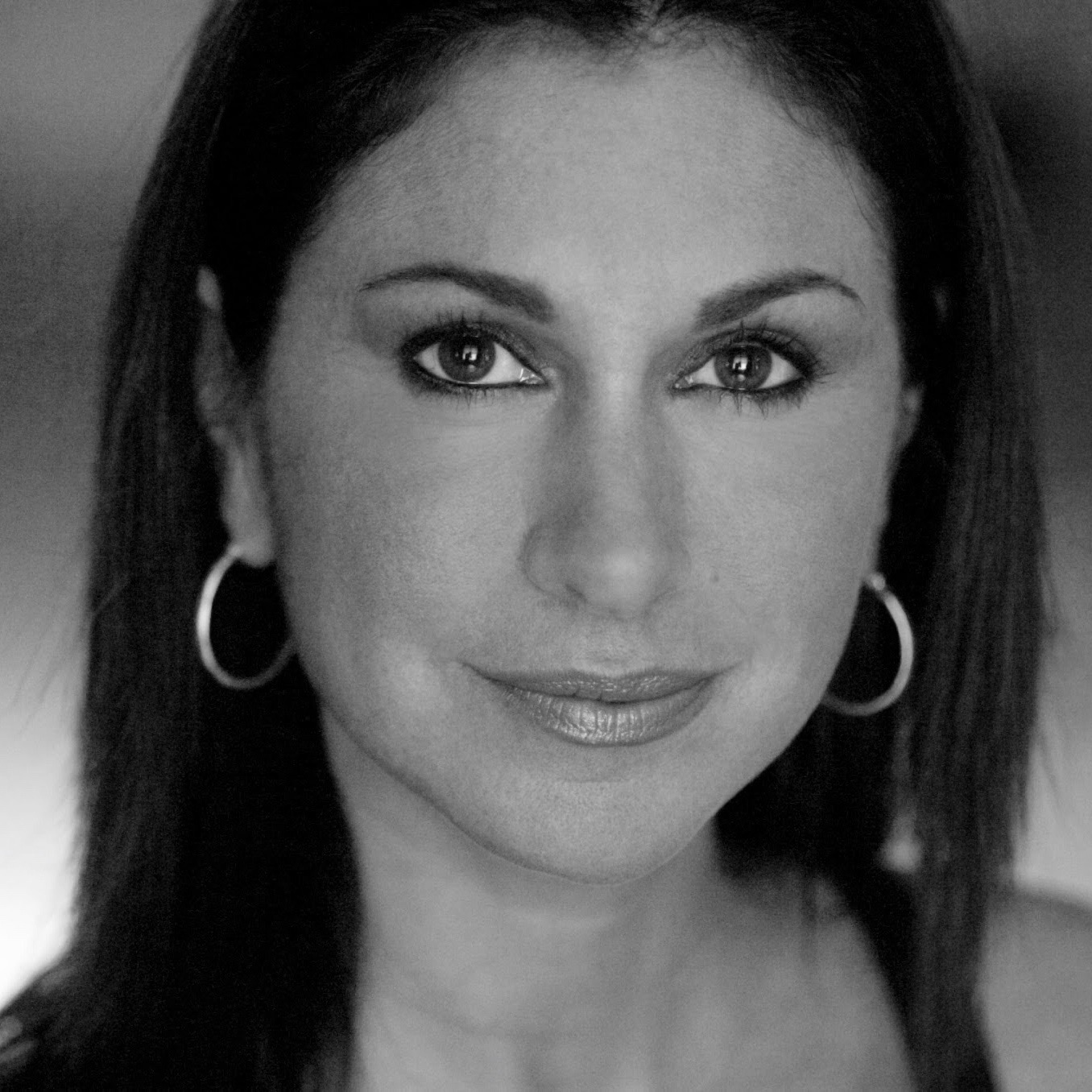














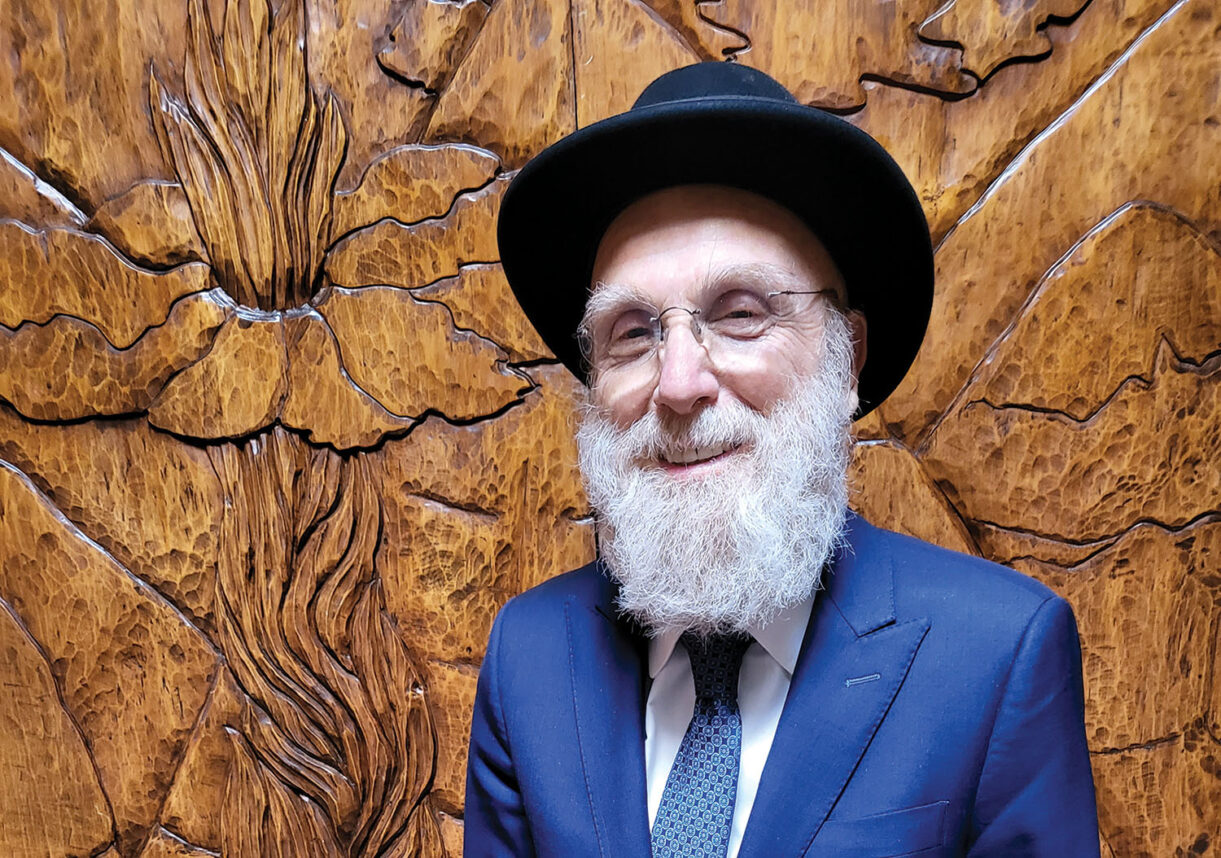
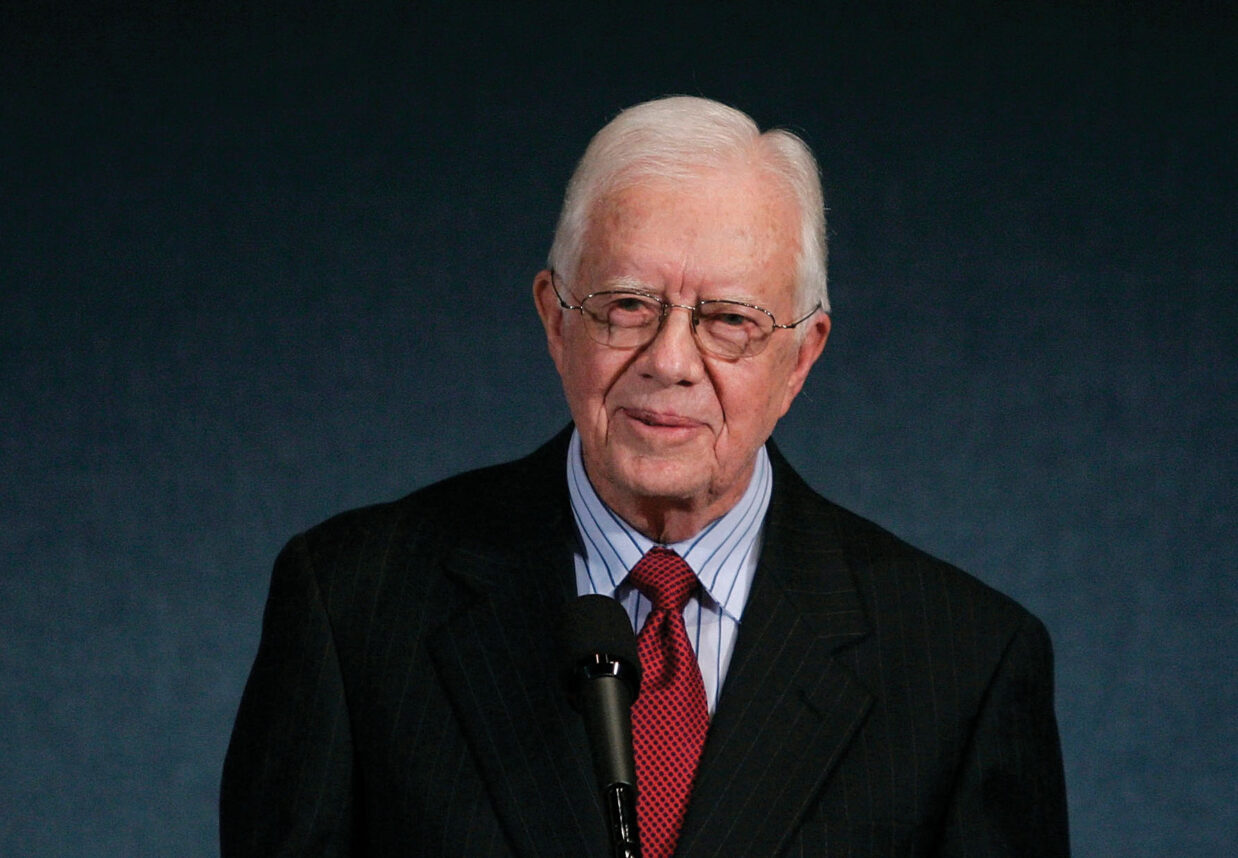
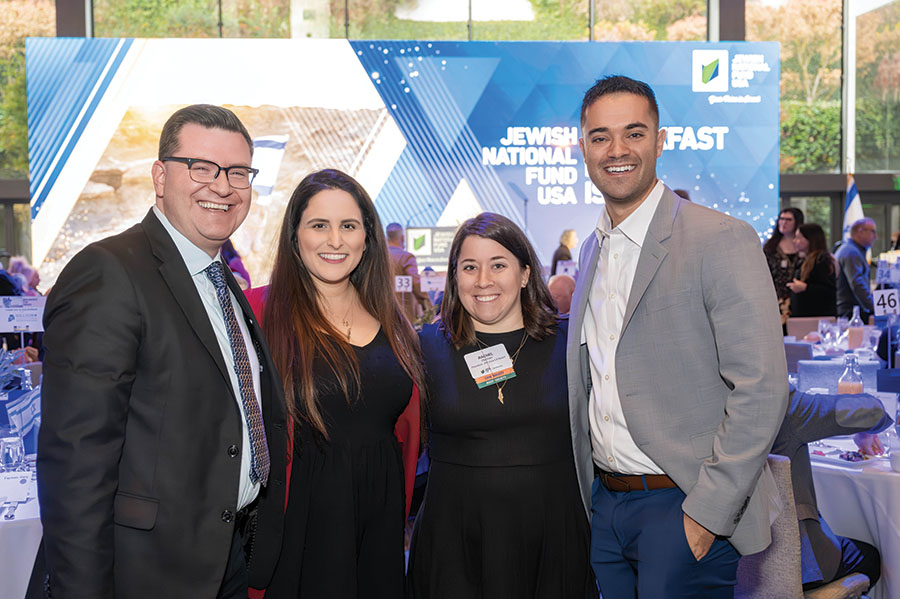





 More news and opinions than at a Shabbat dinner, right in your inbox.
More news and opinions than at a Shabbat dinner, right in your inbox.